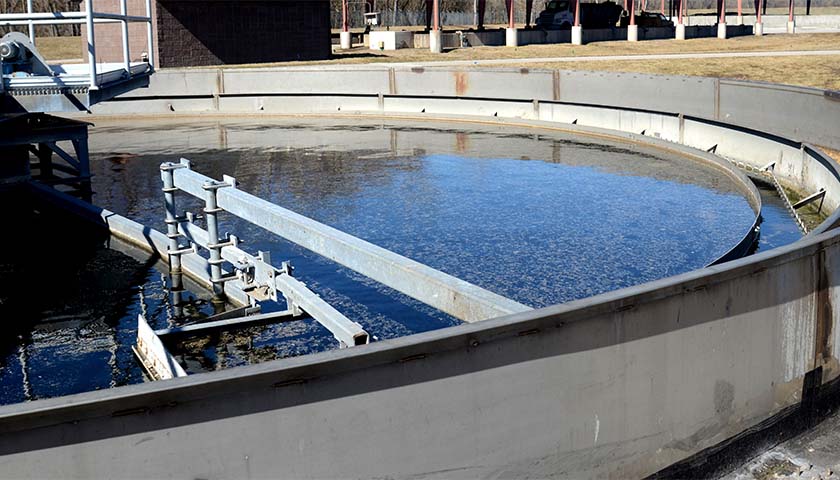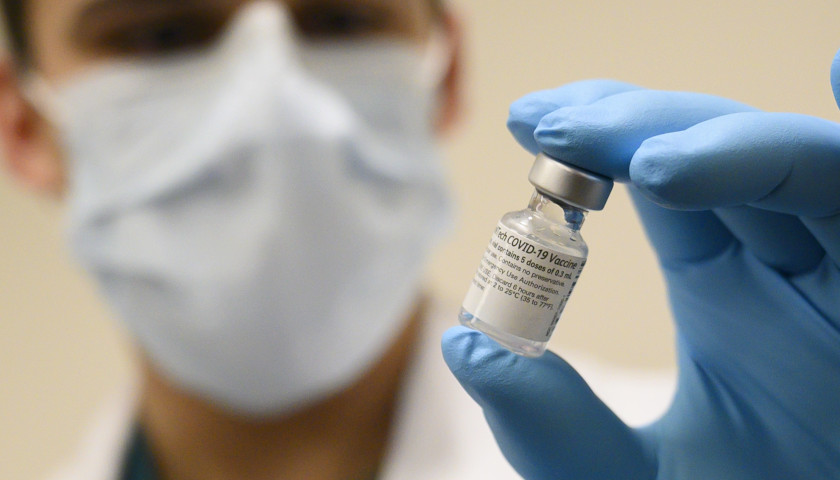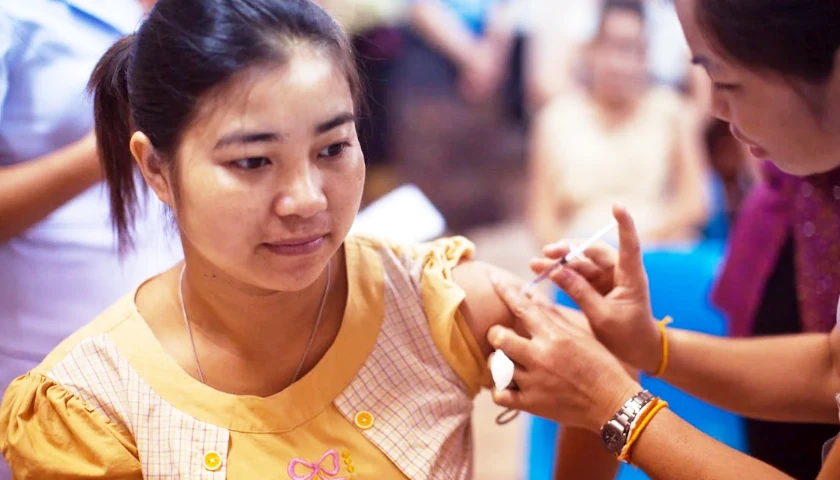The Virginia Department of Health is sampling sewage at 25 sites across the Commonwealth as part of its COVID-19 monitoring program. The weekly sampling began September 13 and will run through July 2022, but researchers have been testing COVID-19 detection through wastewater since 2020. The VDH is using the program as a piece of its detection of future surges in the virus.
“Infected individuals shed the SARS-CoV-2 virus in their bodily waste. As such viral density in sewage water can give a good estimate of the number of infected individuals in a community. In fact, these values may spike before people even feel sick, and outbreaks can be identified over a week before cases are detected by traditional means,” a November 19 newsletter from the University of Virginia Biocomplexity Institute and the Virginia Department of Health states.
The VDH program is part of a Centers for Disease Control and Prevention cooperative to enhance surveillance in wastewater. The CDC is developing its National Wastewater Surveillance System across the country, including North Carolina. That state has its own wastewater monitoring network, and incorporates its wastewater testing data into one of its COVID-19 dashboards. The CDC says using sewage samples can track even asymptomatic infections, and with 80 percent of the U.S. population on municipal sewer networks, could provide data where clinical testing is not available. It can also provide data at the sub-county level or be focused on specific sites including workplaces or universities.
Separately, Biobot Analytics partnered with Stafford County officials to monitor COVID-19 levels; their dashboard shows COVID-19 density in wastewater rising slightly before reported case peaks.
“Throughout the pandemic, we’ve worked with almost 20 communities in Virginia,” Biobot President Newsha Ghaeli said.
In addition to water-born infections, wastewater surveillance can detect other health data on things including polio, pharmaceuticals, and drugs.
In November, Biobot said their wastewater sampling can detect the influenza virus. Wastewater sampling can also help monitor the spread of COVID-19 variants like Delta and Omicron.
“Wastewater sequencing data presents an exciting opportunity to proactively track variants of concern in our communities,” Biobot CEO Mariana Matus said in a September press release. “We’re encouraged by the initial results we’re seeing in this emerging area of research.”
– – –
Eric Burk is a reporter at The Virginia Star and The Star News Network. Email tips to [email protected].
Photo “Wastewater Treatment Plant” by KOMUnews. CC BY 2.0.





